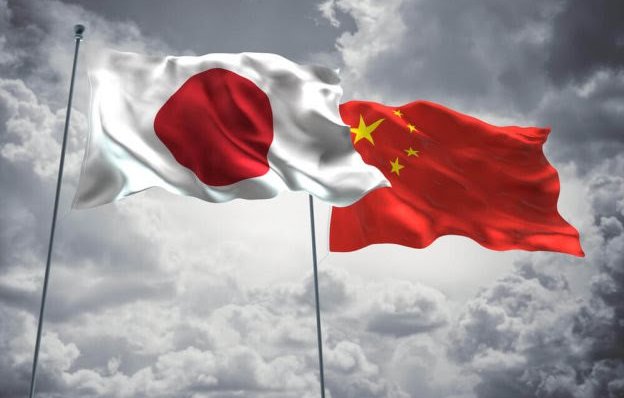Japan is intensifying its engagement with Africa by offering low-cost financing options, aiming to provide an alternative to China's Belt and Road Initiative (BRI). This strategic move seeks to bolster Japan's influence on the continent amid concerns over the sustainability of Chinese loans.
The Japanese government has introduced a series of concessional loans and grants designed to support infrastructure development, healthcare, and education across Africa. These initiatives are positioned as more transparent and financially sustainable alternatives to the high-interest loans often associated with Chinese investments.
Japan's approach emphasizes mutual benefit and respect for African sovereignty, distinguishing it from China's perceived "debt-trap diplomacy." By focusing on projects that align with the developmental priorities of African nations, Japan aims to foster long-term partnerships built on trust and shared goals.
This shift in Japan's foreign policy reflects a broader trend of increased competition among global powers for influence in Africa. As African countries navigate the complexities of foreign investment, Japan's low-cost debt initiative offers a compelling option for nations seeking sustainable development without the burden of excessive debt.
While China's presence in Africa remains significant, Japan's strategic pivot underscores the dynamic nature of international relations on the continent. As African nations continue to diversify their sources of financing, Japan's low-cost debt initiative could play a pivotal role in shaping the future of development in Africa.
